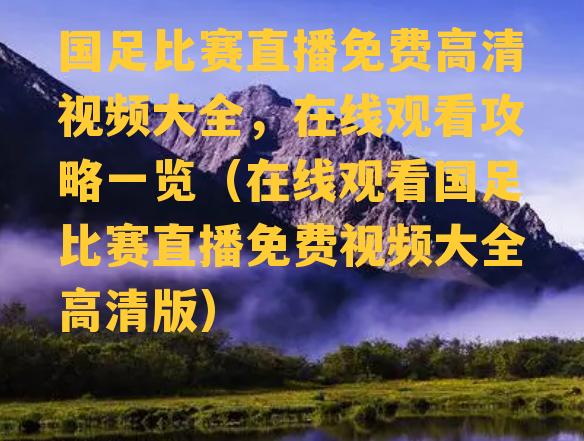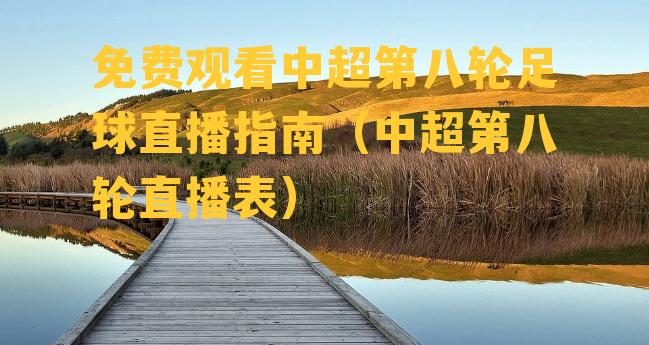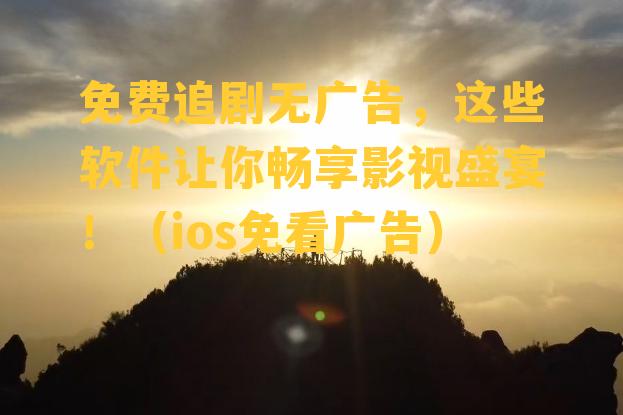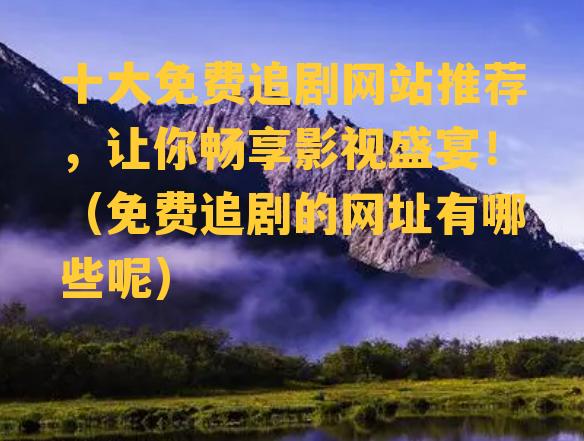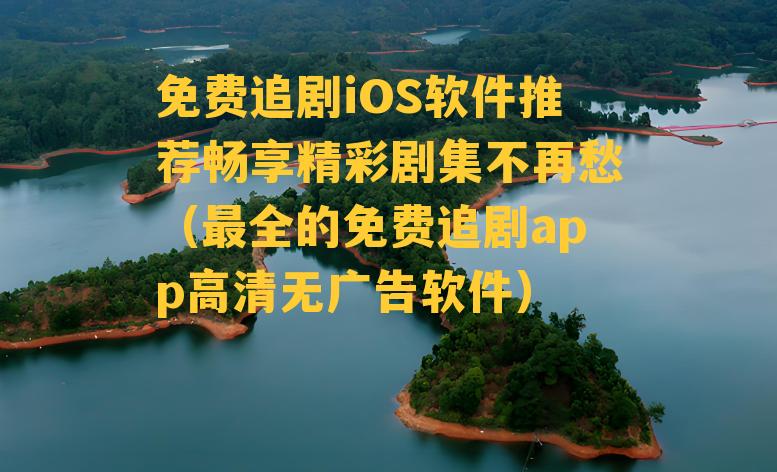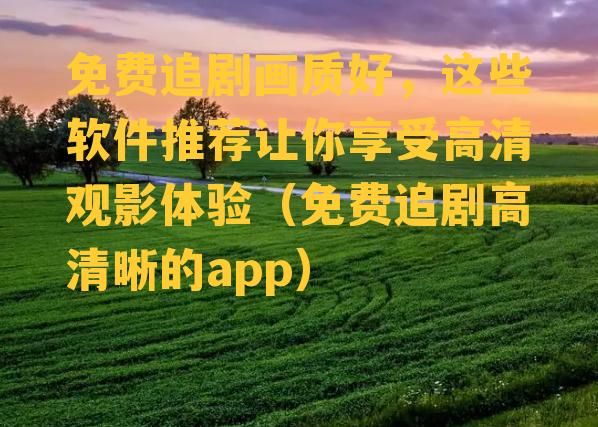英语翻译中文版(英语翻译跟读)
:The Ultimate Guide to Accurate and Complete English Translations
In the globalized world we live in, the ability to communicate effectively across languages is invaluable. Whether you are a student, a professional, or simply someone who loves reading and learning about different cultures, a complete and accurate translation is crucial. This guide will provide you with insights on how to achieve a high-quality, complete English translation.
**Understanding the Importance of Complete Translations**
A complete translation is one that not only conveys the meaning of the original text but also captures the nuances, context, and cultural elements. It is essential because:
ns its original intent.
2. **Cultural Relevance**: Translations should be culturally sensitive, ensuring that idioms, references, and cultural nuances are appropriately conveyed.
3. **Accuracy**: A complete translation should be free from errors, both in terms of grammar and context.
**Steps to Achieve a Complete English Translation**

1. **Thorough Research**: Before you start translating, research the subject matter thoroughly to ensure you understand all the technical terms and cultural aspects involved.
2. **Understanding Context**: Context is key. A sentence can mean different things depending on the context in which it appears. Always consider the broader context of the text.
3. **Use of Dictionaries and Reference Materials**: Utilize dictionaries, thesauri, and other reference materials to find the most appropriate and accurate translations.
4. **Grammar and Syntax**: Pay attention to grammar and syntax to ensure that the translated text is not only accurate but also reads naturally in English.
5. **Back Translation**: After completing the translation, perform a back translation into the original language. This step helps to identify any misunderstandings or inaccuracies.
**Common Challenges and Solutions**
- **Idioms and Collocations**: Some phrases don’t have direct equivalents in other languages. In such cases, use synonyms or paraphrasing to convey the same meaning.
ned or translated into more common language for a broader audience.
- **Cultural References**: When dealing with cultural references, it’s important to find a way to convey the meaning without relying on the original cultural context.
**Tools and Resources for Complete Translations**
- **Translation Software**: Use translation software as a starting point, but always proofread and edit the output for accuracy.
- **Online Dictionaries and Thesauri**: Resources like Merriam-Webster, Oxford Dictionaries, and Cambridge Dictionary can be invaluable.
- **Translation Communities**: Join translation forums and communities to get feedback on your translations and learn from others.
**Conclusion**
l, and a deep understanding of both the source and target languages. By following these guidelines and continuously honing your skills, you can produce translations that are not only accurate but also culturally sensitive and engaging. Whether for personal or professional purposes, the goal is to bridge the language gap and share knowledge effectively.

